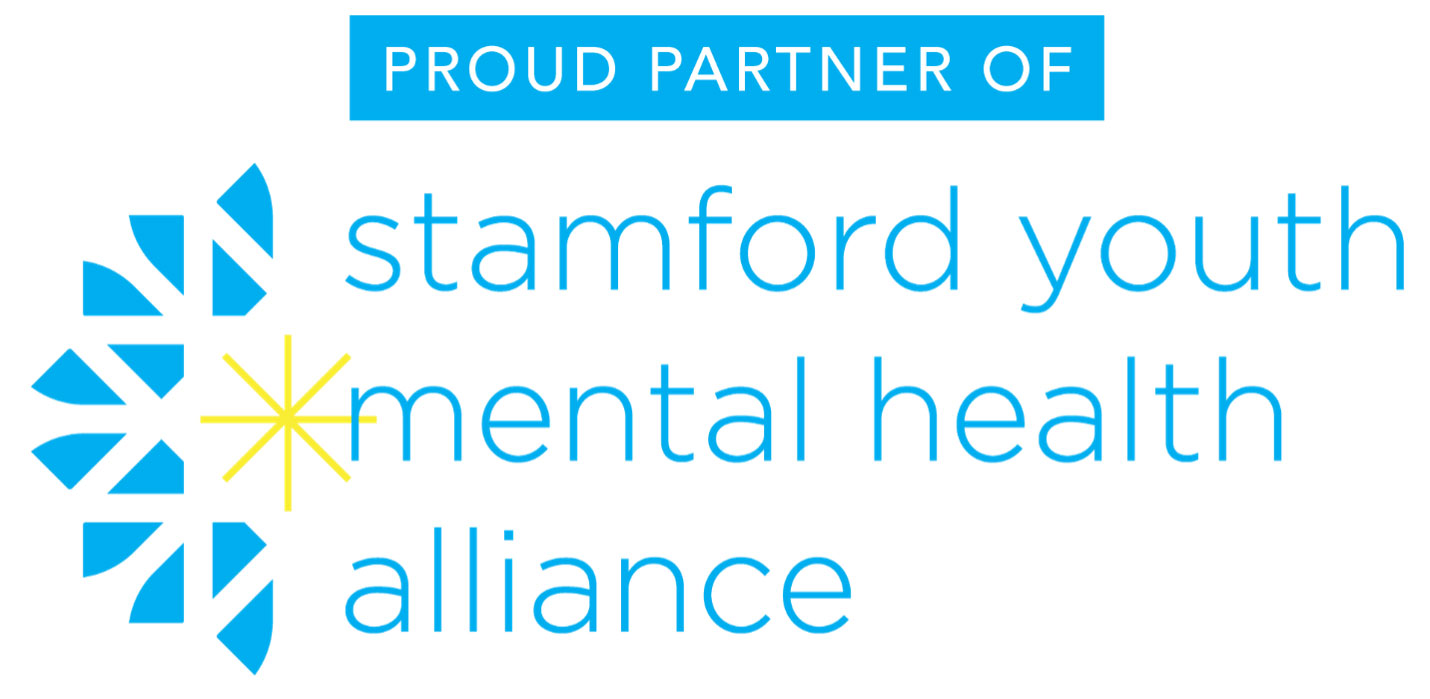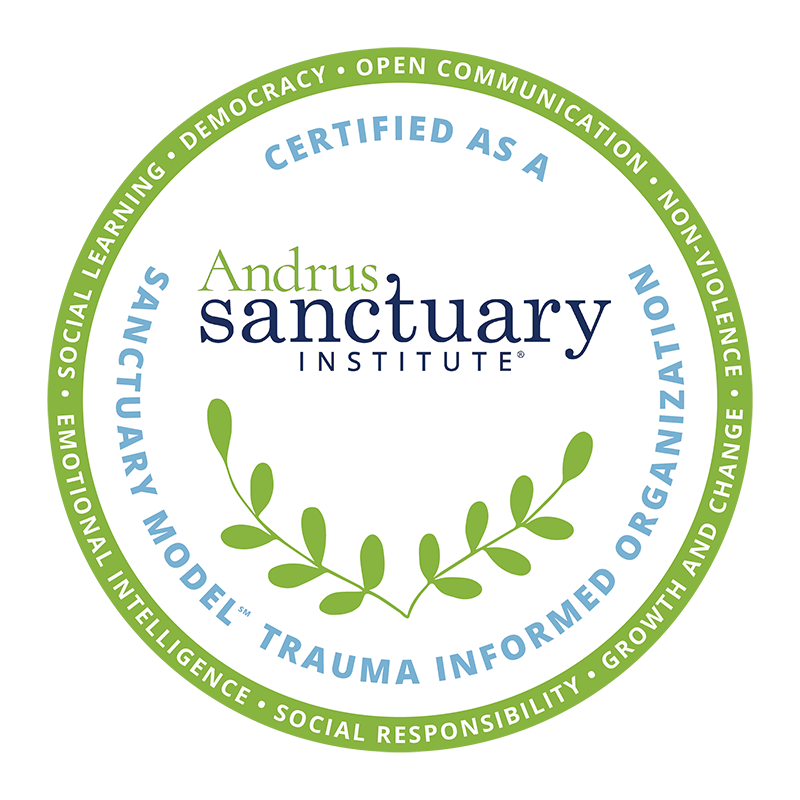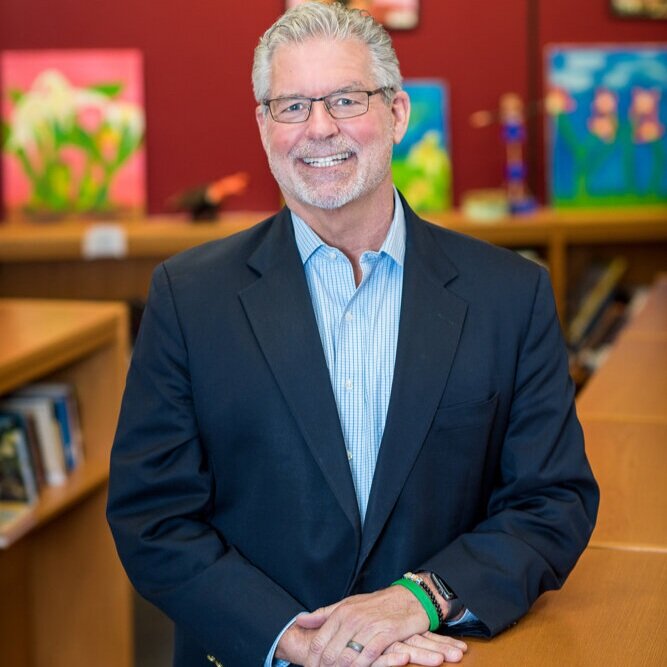Op-ed: CT’s children in crisis can learn that letting people help me is OK

By Mike Duggan, Domus Executive Director
Connecticut is in crisis: 119,000 young people aged 14 to 26, in every city and town, are either disengaged or disconnected from education and jobs or soon will be. These young people simultaneously represent a currently missed opportunity and one that can still be realized. They also are human beings who deserve love, and many chances to succeed, just like we received as young people.
As outlined by the Campaign for Working Connecticut in a report issued last spring, and more recently in a report by Dalio Education, getting disconnected and disengaged young people back on track is doable but difficult, due to pervasive and longstanding challenges.
For these youth, pursuing education or a career is complex, not straightforward like it was for so many of us. Societal systems designed to support young people’s development and progress did not do so, sometimes in damaging ways. Because of those painful failures, these youth find it difficult to trust others and believe they are worthy of success.
“There is so much distrust, dysfunction, and abandonment,” one community organization leader recently observed, explaining that it can take four to six months or longer, “to even get these youth ready to get ready” to tackle a job interview or understand what’s needed to get and keep a job.
These circumstances would be tragic anytime, but now, when Connecticut’s businesses report more than 90,000 unfilled jobs, it’s clear we must invest in a broad and deep effort to support Connecticut’s opportunity youth.
Consistency and continuity are key, experts say, requiring policy approaches that go beyond those currently in place. Wraparound support services can be the difference between taking a step forward or slipping back further.
Domus has been working with this group of young people and finding success for more than 50 years, and we are not alone in Connecticut or the country. Helping youth who’ve faced tremendous adversity requires perseverance, relentless love, and staff members who bring both to their relationships with young people and their families. Progress is often uneven: There are dynamics in a young person’s life that, should they change or collapse, can make it feel impossible to continue attending school or showing up at a job.
Our work, rooted in loving relationships, helps that young person keep going. Does it work? Last year, 100 percent of youth in our workforce development program who were successfully discharged for one year remained employed in a job on the path to self-sufficiency.
In human terms, programs like ours get youth through horrible times of their lives: witnessing violence, enduring homelessness, and more. But my opinion of our work’s impact is much less important than that of our young people. When asked what the program is good at, a workplace training participant said, “Helping you to better yourself and getting a job that you like … showing you how to prepare for a job and helping to have a good resume. They also helped me to get back in school … be able to talk things out and not keep them all bottled in … that letting people help me is OK.”
Success for these vulnerable young people is possible if we make some changes. Just weeks ago, a Fairfield County’s Community Foundation report concluded that “a more integrated and holistic approach, reinforced by stronger cross-sector partner relationships where stakeholder perspectives are equally valued, is needed to ensure that interventions are optimally coordinated and working toward a common goal.”
Recent public forums coordinated by the Connecticut Conference of Municipalities, and the reports mentioned here, have underscored the importance of coordinated involvement by “local nonprofits, employers, educational institutions, and government operating together with an integrated, collaborative strategy,” as one stated.
As a state, we are finally getting on the same page, recognizing that something must be done immediately. Here, the moral imperative and economic imperative intersect: Addressing the damage being done to our local and state economies that is also harming our youth.
Connecticut has many outstanding nonprofits dedicated to these young people; they stand ready to assist in developing a transformational blueprint for progress. In many places, that work is well underway.
Now, our legislature must commit to the resources and policies to change our current trajectory. Our communities deserve this. Our young people — for they are our collective responsibility — deserve this.
The next legislative session begins in a few weeks. We can and must do this.






